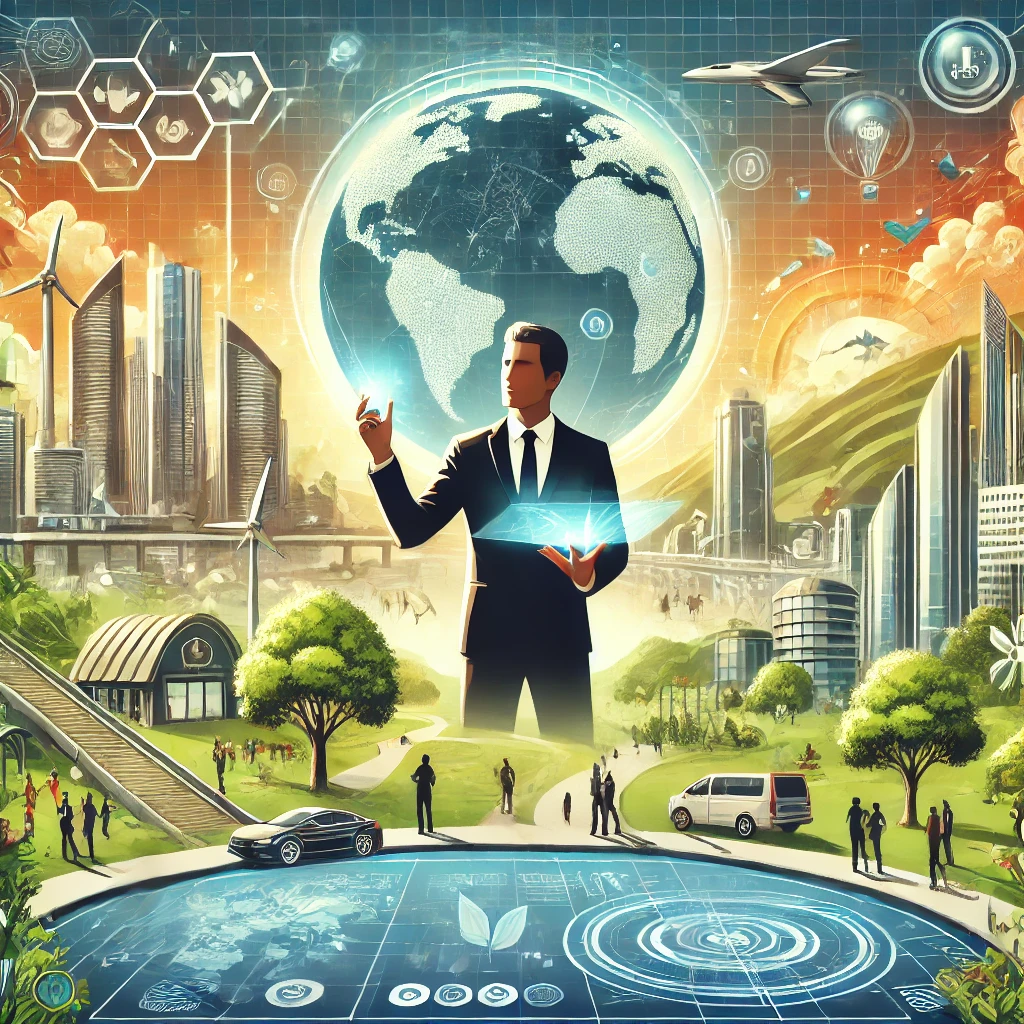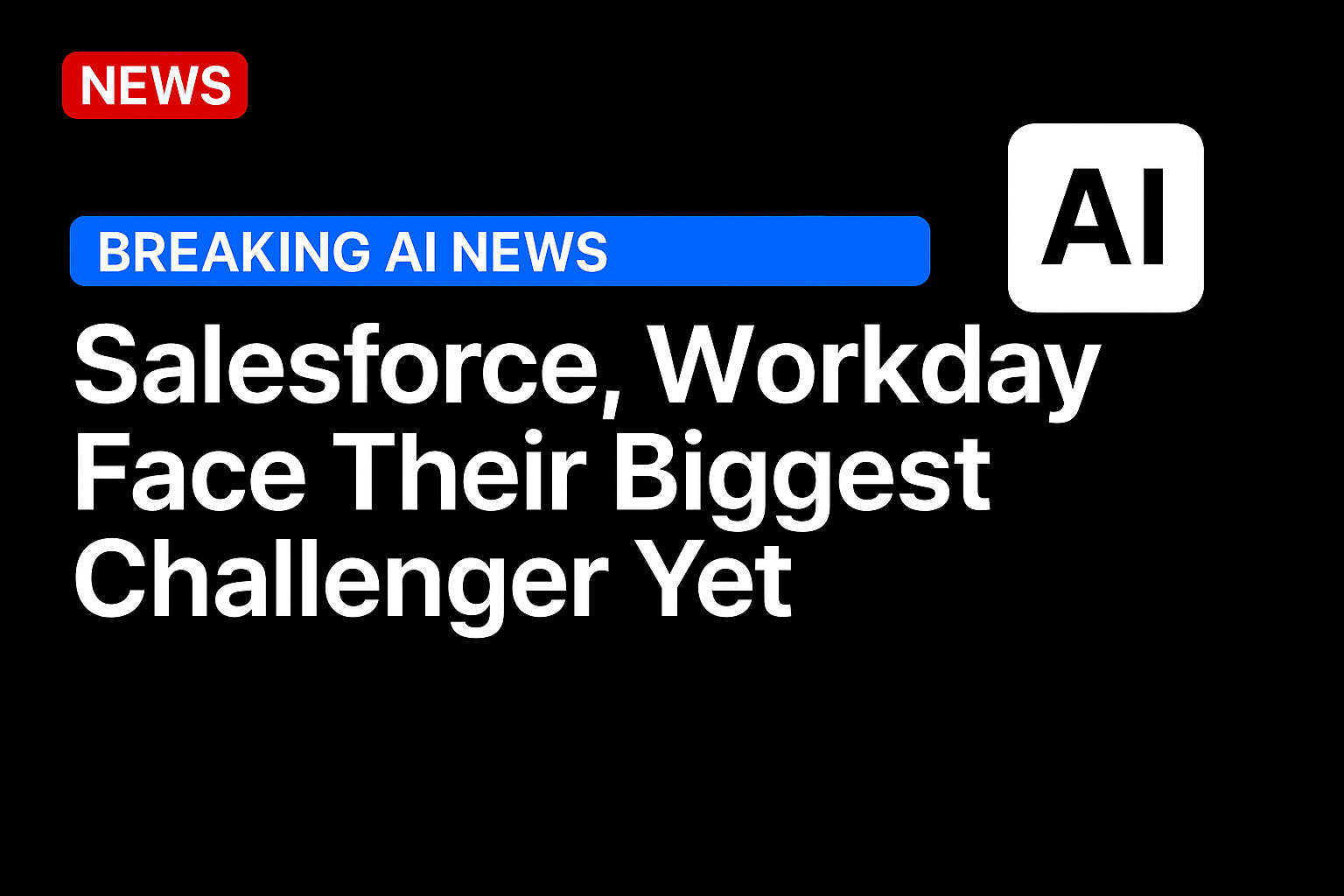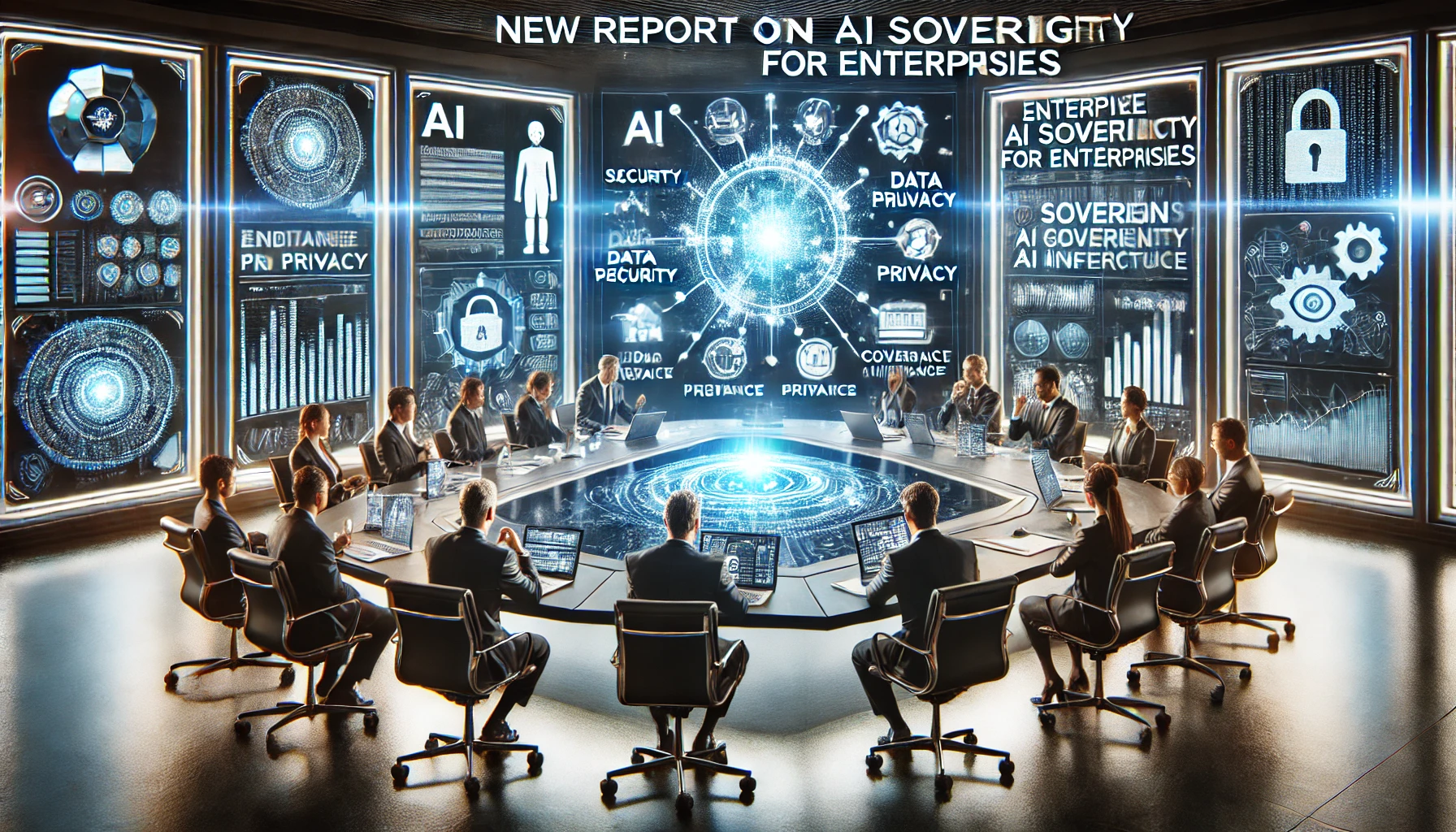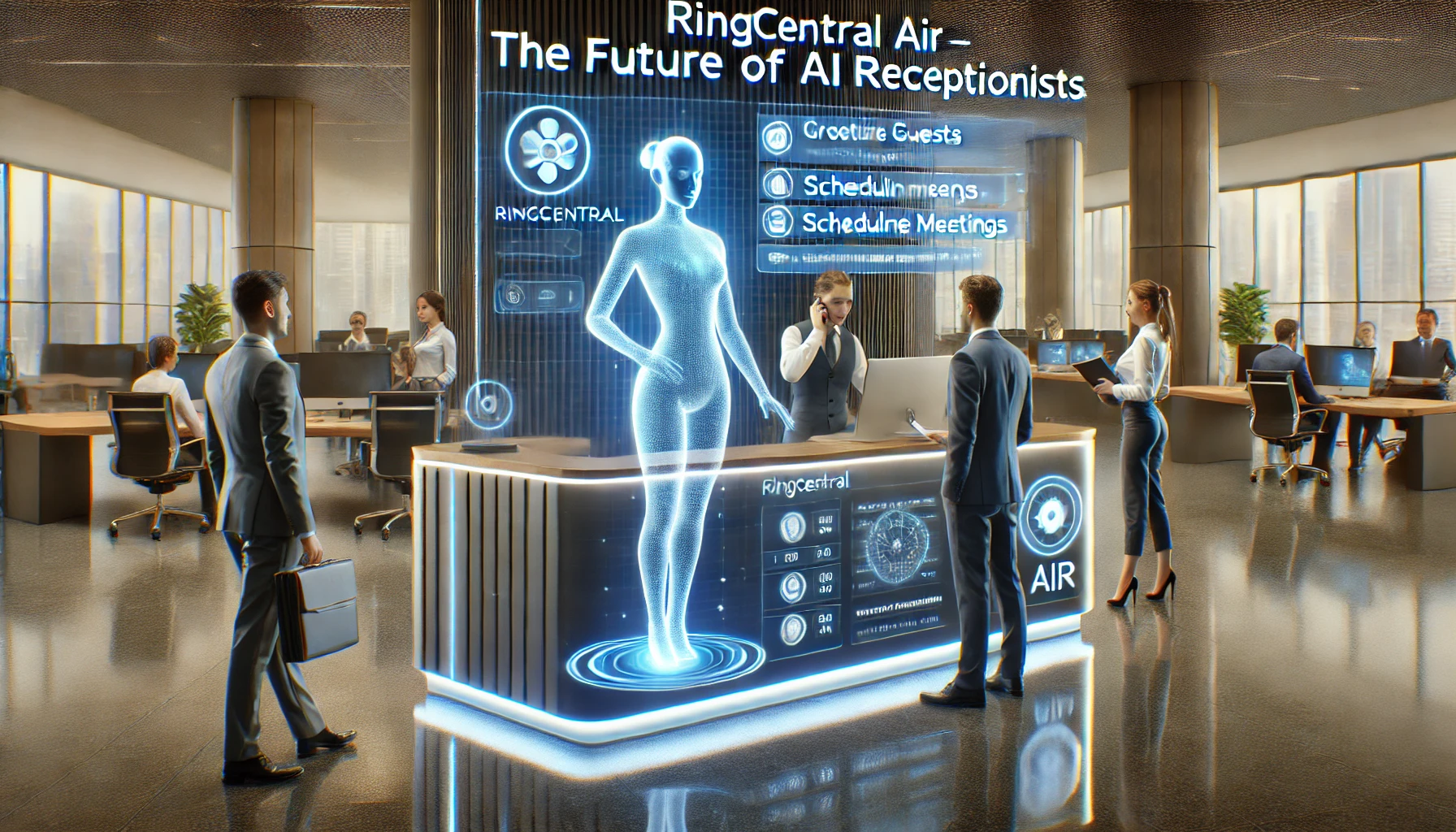In a bold new manifesto, Sam Altman, CEO of OpenAI, lays out his vision for a future shaped by artificial intelligence. Altman’s vision, outlined in a detailed essay, is one of optimism: a world where AI technologies elevate humanity, solve complex problems, and create unprecedented economic abundance. However, alongside his utopian vision, Altman’s manifesto has sparked debate over what critics say are glaring blind spots in his understanding of the challenges and risks that AI poses.
The Utopian Vision: AI for Human Flourishing
At the heart of Altman’s manifesto is a belief that AI has the potential to drastically improve the human condition. He argues that AI can unlock massive productivity gains, enabling humanity to overcome major global challenges like climate change, disease, and poverty. Altman foresees a future where AI-driven economies generate wealth for all, and where humans, freed from mundane work, are empowered to pursue more meaningful and creative lives.
According to Altman, the transition to this AI-enhanced world will require significant economic and social reform. He envisions a universal basic income (UBI) funded by AI-driven growth, ensuring that the benefits of AI are distributed equitably across society. In Altman’s future, humans work alongside AI systems in a symbiotic relationship, with AI taking on tasks that are too complex or tedious for humans, while people focus on higher-level decision-making, creativity, and innovation.
Blind Spots: Risks and Challenges Underestimated
While Altman’s vision is ambitious and inspiring, critics argue that his manifesto downplays or ignores several critical risks and challenges that come with the rise of AI. These blind spots highlight the complex reality of developing and deploying AI at scale.
1. Ethical and Social Disruption
One of the most significant concerns revolves around the ethical implications of AI. Altman envisions AI as a force for good, but his manifesto does not adequately address the darker side of AI technologies. Issues such as deepfakes, algorithmic bias, and AI-driven surveillance are already affecting societies, and the potential for AI to exacerbate existing inequalities remains a serious concern. Critics argue that Altman’s manifesto fails to explore how AI can be misused by governments, corporations, or malicious actors to harm privacy, freedoms, or democratic processes.
2. The Job Displacement Debate
Altman’s vision of a universal basic income (UBI) to offset job displacement caused by AI automation is one of the more controversial elements of his manifesto. While UBI has been proposed as a solution to widespread automation, many critics argue that it oversimplifies the complex nature of labor and economic systems. Jobs are more than just a source of income for many people—they provide a sense of purpose, identity, and community. The sudden disappearance of entire industries could have far-reaching social consequences, including unrest and destabilization.
3. Concentration of Power and Wealth
Altman envisions a world where AI-driven economic growth benefits everyone, but there are concerns about the centralization of power and wealth in the hands of a few tech companies. The development of advanced AI technologies is already dominated by a handful of corporations, including OpenAI. Critics warn that if unchecked, these companies could gain unprecedented control over critical infrastructure, knowledge, and economic resources, exacerbating wealth inequality and reducing accountability.
4. Regulation and Governance Gaps
A key blind spot in Altman’s manifesto is the issue of AI governance. While Altman acknowledges the need for regulation, his vision does not go far enough in addressing how governments and global institutions can effectively regulate such powerful and rapidly evolving technologies. AI development is outpacing regulatory frameworks, and there is a real risk that insufficient oversight could lead to unintended consequences or abuses of power. Critics argue that the manifesto does not offer concrete solutions for addressing AI safety, transparency, or ethical governance on a global scale.
The Bigger Picture: Balancing Utopia and Reality
Altman’s vision for an AI utopia is compelling, and there is no doubt that AI holds transformative potential. However, realizing that potential requires addressing not just the opportunities but also the risks. While Altman is right to focus on the long-term possibilities of AI, many believe that his manifesto underestimates the complexities and dangers of integrating AI into society at scale.
As OpenAI and other tech giants push the boundaries of what AI can do, it will be critical to strike a balance between optimism and caution. The future of AI will depend not only on technological breakthroughs but also on thoughtful governance, ethical considerations, and an understanding of how AI will interact with the deeply human aspects of society.
Altman’s manifesto is a starting point in an important conversation, but it also serves as a reminder of the need for more diverse perspectives in shaping the future of AI—one that accounts for the full spectrum of benefits and challenges ahead.





